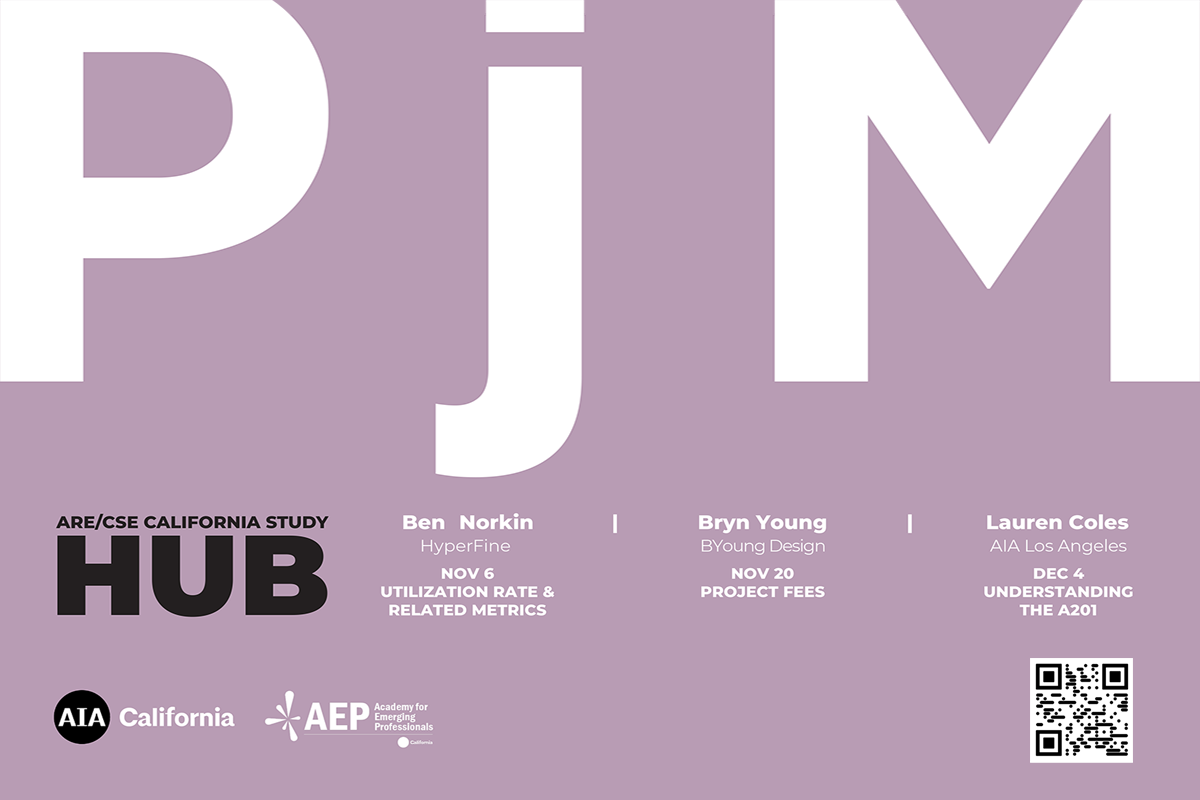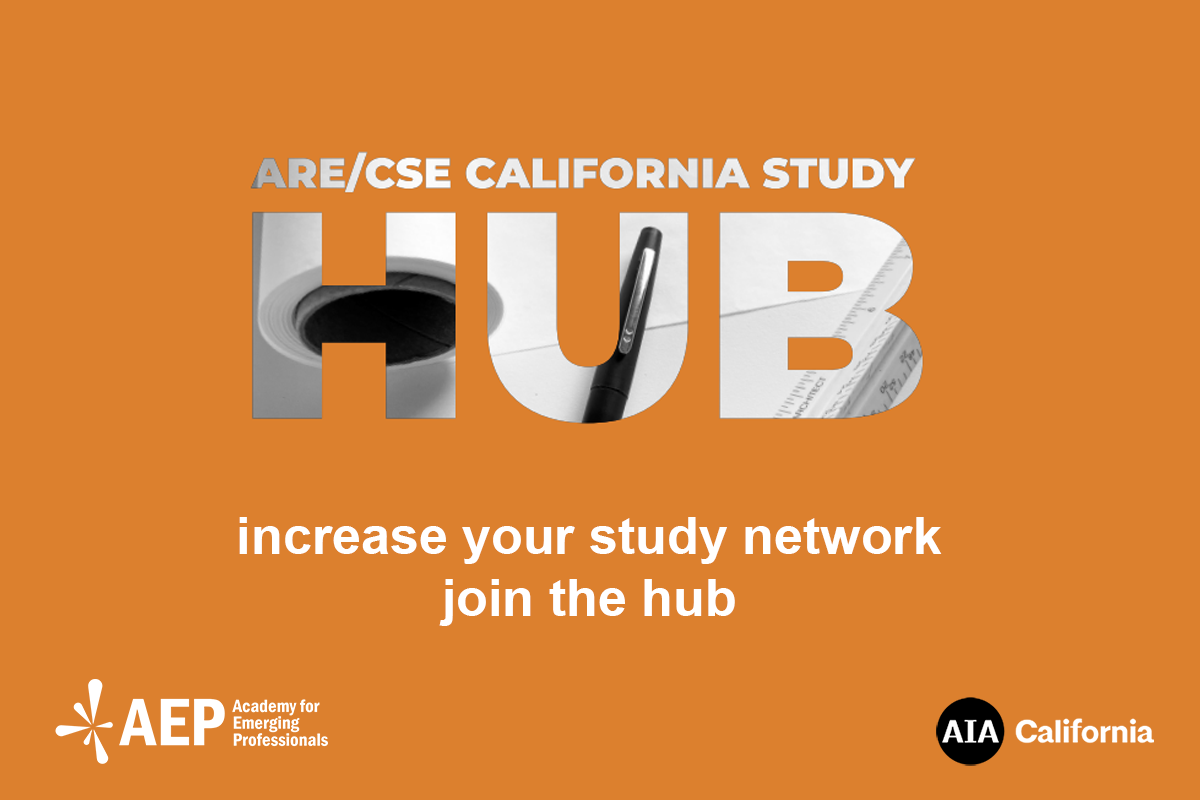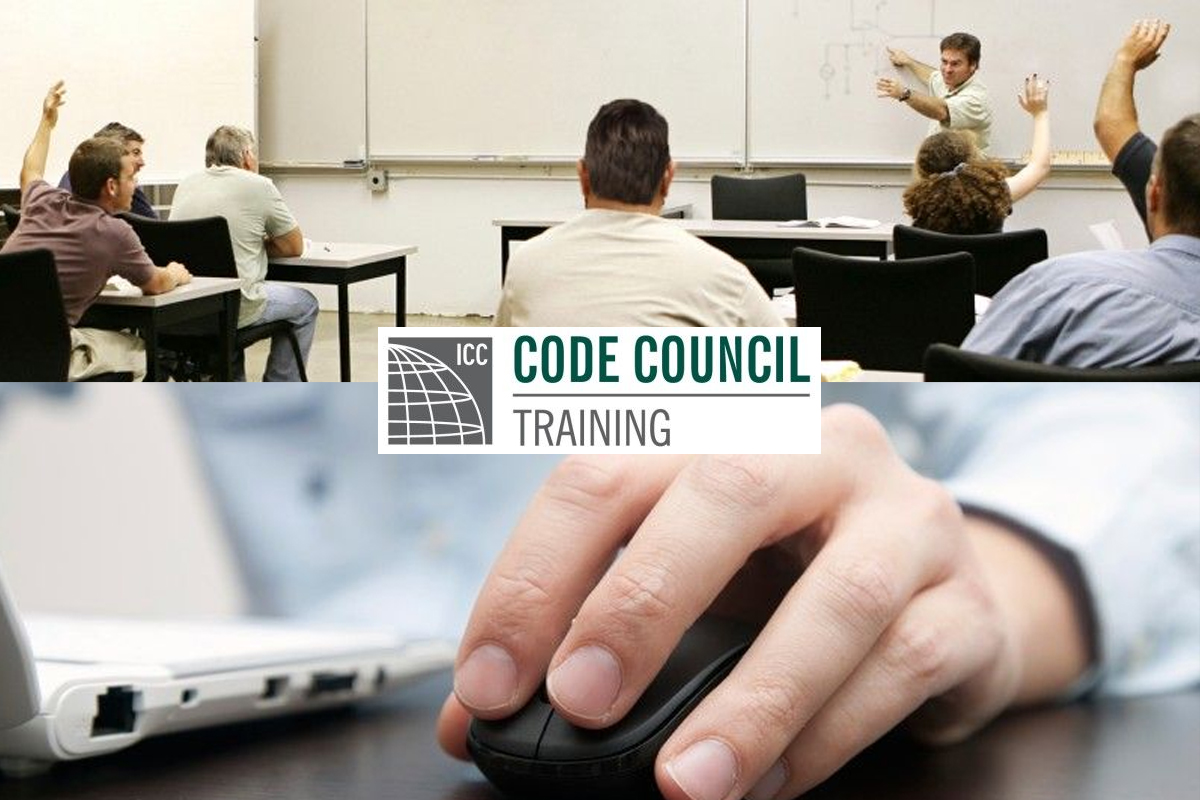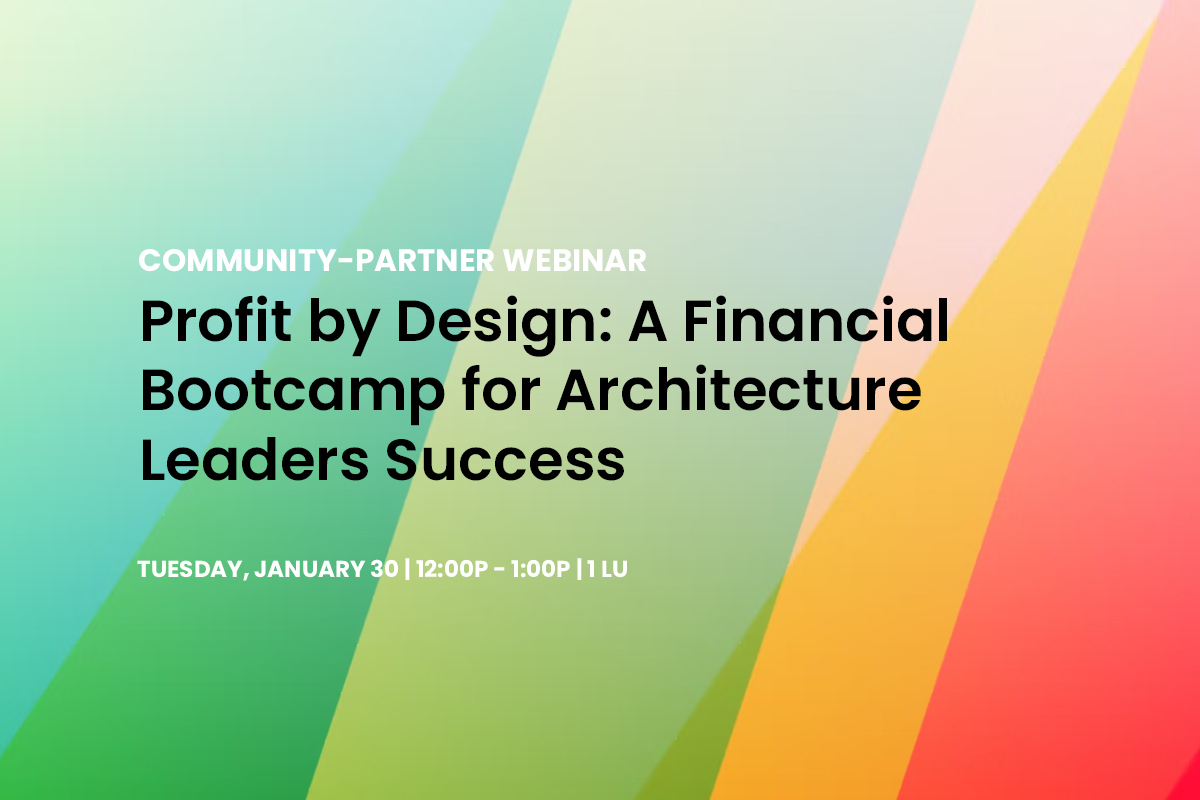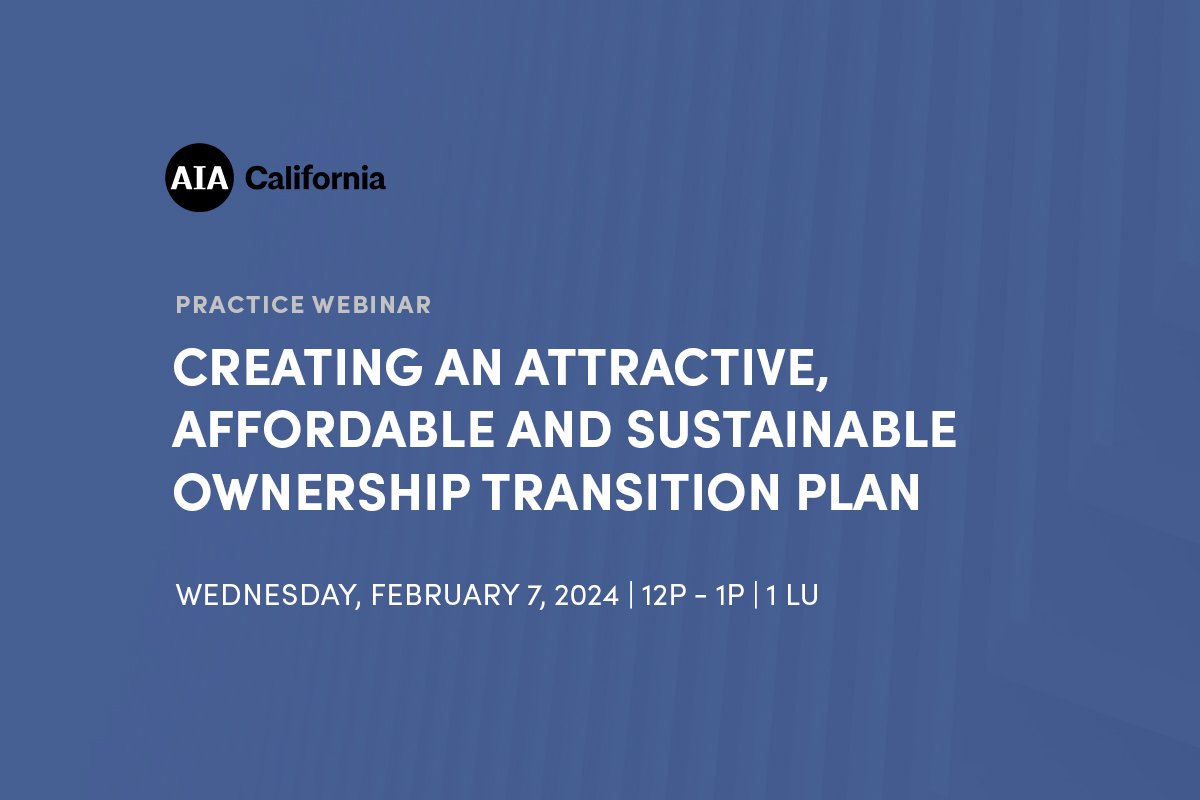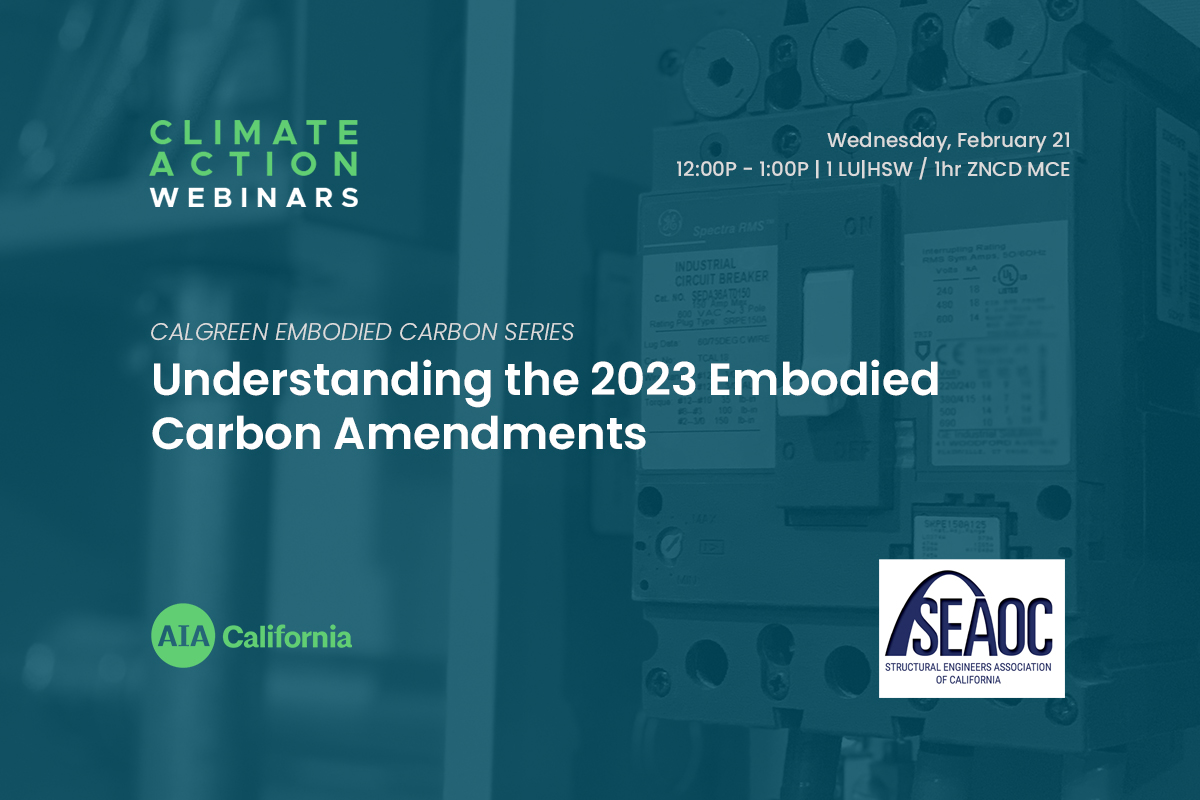Strategizing for Success: How to Design and Procure Low Carbon Concrete
VirtualThe building industry is under constant pressure to provide low-carbon solutions. Traditional green building standards such as LEED started the movement, but more recent public policies have elevated the drive to low carbon building materials. Tackling the problem of embodied carbon, the emissions associated with building materials and construction, is crucial to meeting near term climate goals. This session will examine how early collaborative decision-making and the use of performance-based specifications can empower project teams to include embodied carbon targets alongside cost, performance, and schedule to create a holistic bidding and procurement process that supports sustainability goals. This session will also examine concrete specifications and how to influence them to allow for greater reduction in carbon footprint. Participants will be introduced to NRMCA’s newly developed Concrete Carbon Calculator that helps set carbon budgets to include in specifications.Why it's important:Sustainable and resilient concrete designs leverage optimized elements that work towards open, well-lit spaces that improve the physical, emotional and social well-being of occupants (Health). Such practices also encourage the use of higher quality materials, with improvements to durability and resiliency (Safety). Lastly, sustainable concrete is achievable with negligible impact to cost while benefiting the environment (Welfare).Panel:Luke Lombardi, PE | Sustainability | Buro HappoldDave Walsh, AIA, LEED AP BD+C | Owner | Dave Walsh Consulting LLCBrandon Wray | Director, Building Innovations, Structures & Sustainability Group | National Ready Mixed Concrete Association (NRMCA) Luke Lombardi, PE | Sustainability | Buro Happold Dave Walsh, AIA, LEED AP BD+C | Owner | Dave Walsh Consulting LLC Brandon Wray | Director, Building Innovations, Structures & Sustainability Group | National Ready Mixed Concrete Association (NRMCA) https://youtu.be/USPGxh_kiV8 Additional Resources Additional Resources Learning Objectives Slidedeck_Strategizing for Success Low Carbon Concrete


